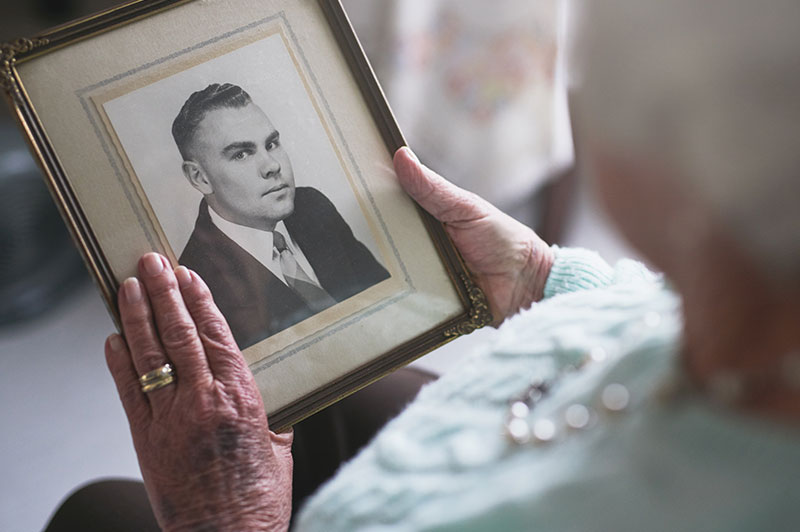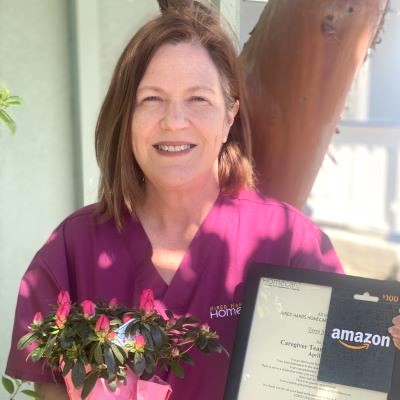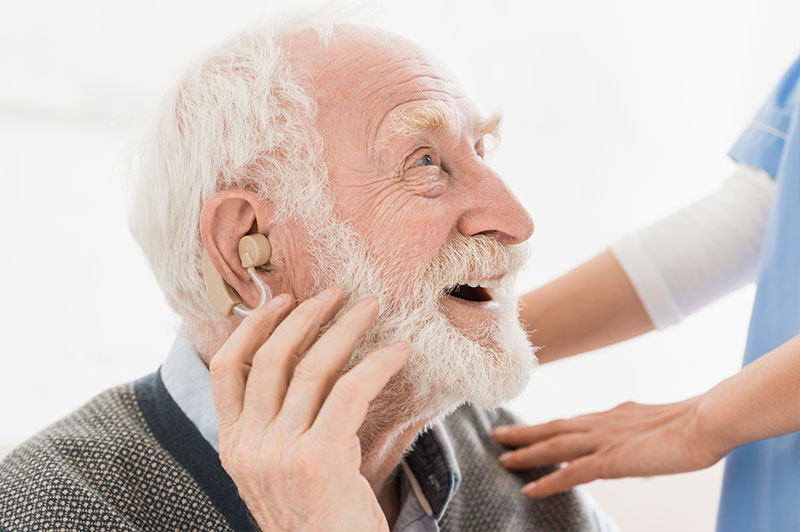Key Questions to Ask the Dr. as a Parent’s Caregiver


Every family caregiver should get answers to these questions from the doctor.
Of the many responsibilities a family caregiver faces, perhaps one of the more difficult is managing health concerns and knowing what questions to ask the Dr. as your parent’s caregiver. The National Council on Aging estimates that approximately three quarters of all seniors are clinically determined to have at least two chronic illnesses, and are seeing on average of four medical specialists.
Hired Hands Homecare, offering in-home care in Napa, CA and the surrounding communities, offers these simple tips to communicate effectively with those on the senior’s medical team:
- Are all of the medications essential? With most older adults taking many medications, you’ll need to keep an in-depth list and review occasionally with the doctor along with the pharmacist, each of whom should be able to make sure there are not any duplications prescribed by different specialists, or any contraindications between meds.
- If prescribing something new, what unwanted side effects should we be prepared to see? Evaluating the advantages vs. the risks for any new medication is essential, as there could be occasions when difficult side effects outweigh any advantages available. And in case the physician offers a blanket statement such as, “Most patients don’t suffer from any difficulties with this medication,” be sure to follow up to learn more about those who DO experience problems.
- What’s the simplest way to decrease pain and discomfort? We’re all conscious of the opioid epidemic, and also the threat of addiction along with other considerations which come with taking prescription pain medications. Yet unaddressed pain and discomfort may cause both slowed healing and significant emotional stress, both for a senior loved one experiencing pain along with his or her caregivers.
- If this was your grandmother, what would you do? Inviting the doctor to step into your shoes is usually an incredibly helpful way to gauge how you may choose to move forward. There may, in fact, be less invasive or aggressive means to managing a problem that you might wish to explore first.
For more advice on ensuring a cherished older adult receives the best possible care, connect with the home care professionals at Hired Hands Homecare. We are here to help through:
- Accompanying seniors to healthcare appointments and procedures and making certain concerns are addressed
- Ensuring medicines are taken exactly as prescribed
- Proactively watching for any changes in condition, such as medication side effects, and reporting them right away
- Planning and preparing healthy meals and offering encouragement to stay physically active to improve health
- And much more
To get started on a better quality of life for a senior loved one with in-home care in Napa, CA and the surrounding CA communities, simply give us a call at (866) 940-4343 to request an in-home consultation.








Leave a Reply